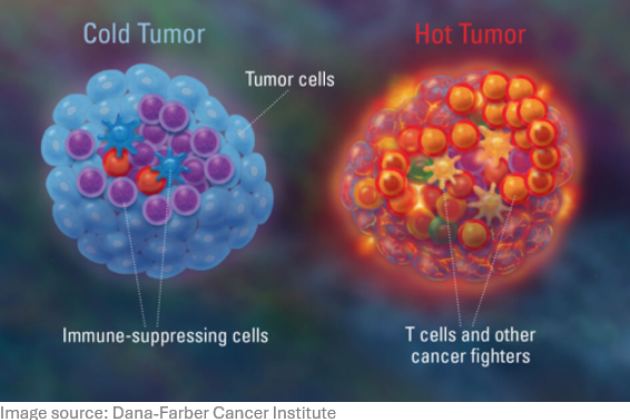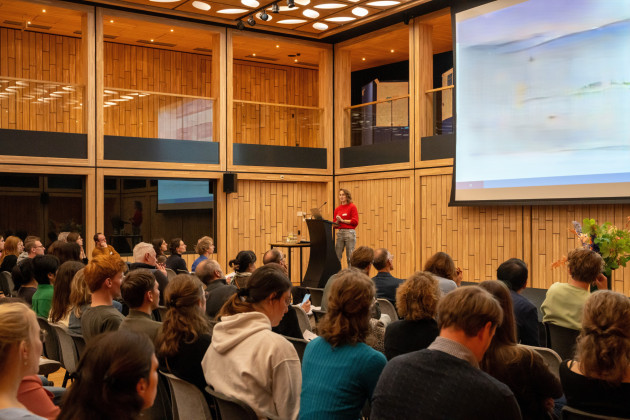The themes studied in this context are:
- Preventing sensitization by matching for HLA on the epitope level
- Pretransplant risk stratification
- Novel treatment options for highly sensitized patients
- Posttransplant Immune profiling
The aim of the work performed in these themes is to maximize long-term graft survival for patients who underwent solid organ transplantation and to provide the best chance for already sensitized patients to receive a compatible donor organ.
Firstly, we focus on the differential immunogenicity of HLA molecules by studying HLA epitope matching with the aim to minimize sensitization upon transplantation. Secondly, the pretransplant risk stratification is done by A: in-depth HLA antibody analysis, B: analysis of the HLA-specific memory B cell compartment and C innovative immune profiling as performed by multi-dimensional techniques. Thirdly, we use several techniques to characterize the immune-status of transplanted patients with existing and new biomarkers with respect to non-donor specific and donor-specific markers. Finally, we are developing novel treatment options to eliminate HLA-specific B cells, and to prevent the deleterious effects of donor specific antibodies. This part is being performed in close collaboration with Prof. M. Heemskerk (dept. of Hematology and Dr. S. Heidt (Erasmus Medical Center).
Our research is embedded in the LUMC Transplant Center and is performed in close collaboration with the HLA diagnostics laboratory with the aim to bring novel techniques and insights to clinical practice.


